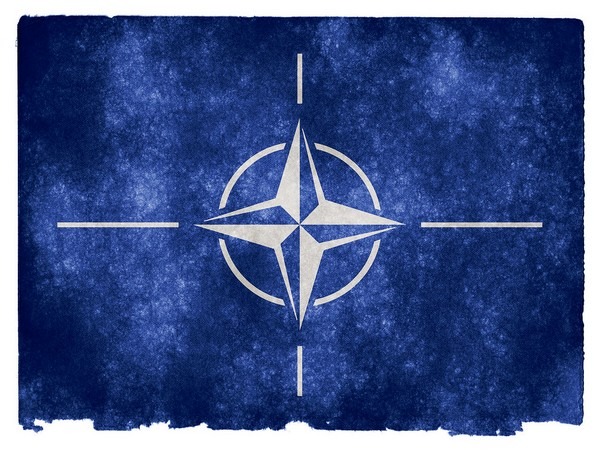NATO Seeks Reassurance as U.S. Signals Shifting Priorities
As NATO foreign ministers convene in Brussels, anxiety over America's evolving stance toward the alliance is palpable. With Trump’s tough talk on defense spending and unilateral overtures to Moscow, European leaders seek reassurance from U.S. officials that the bedrock of their postwar security remains intact.

In Brussels this week, the atmosphere among NATO foreign ministers was heavy with apprehension. For decades, the transatlantic alliance has been a cornerstone of European security, a bond forged in the ashes of World War II and tested through Cold War standoffs and modern-day conflicts. But as diplomats and defense chiefs gathered behind closed doors, it was clear that trust—once taken for granted—is now being actively negotiated.
At the center of the unease is the United States, and more specifically, the unpredictable posture of President Donald Trump. His administration has taken a starkly transactional tone toward NATO, pressuring European allies to dramatically increase defense spending while questioning the sustainability of America’s traditional security guarantees on the continent. Trump’s push for détente with Moscow and recent unilateral efforts to shape negotiations around the war in Ukraine have only deepened European skepticism.
Mark Rutte, the newly appointed NATO Secretary General and former Dutch prime minister, attempted to smooth tensions ahead of the summit. “There are no plans for them (the U.S.) to all of a sudden draw down their presence here in Europe,” Rutte said, emphasizing continuity in U.S. military commitments. But his reassurance came with a caveat that resonated more as a reality check than a comfort: “For America, being the superpower they are, they have to attend to more theaters.”
That framing echoed what many European officials now fear—that Europe is no longer the focal point of U.S. strategic interest. In recent months, American diplomats have delivered a consistent message: Europe must be prepared to shoulder a far greater share of its defense burden. While this argument is not new, the tone has shifted from collaborative to compulsory. Trump, who has long characterized NATO as a lopsided deal for the U.S., appears determined to force a financial reckoning.
Representing the United States at the Brussels gathering was Secretary of State Marco Rubio, a seasoned foreign policy figure who brings a more conventional diplomatic style to the table. Rubio’s presence was welcomed, but expectations were measured. European leaders hoped he would reaffirm the U.S. commitment to NATO’s mutual defense clause, Article 5, but were bracing for more reminders of Trump’s bottom-line approach to alliances.
Matthew Whitaker, the newly appointed U.S. Ambassador to NATO, struck a confident tone on his first day. “Under President Trump’s leadership, NATO will be stronger and more effective than ever before,” he said. But in the same breath, he doubled down on the administration’s mantra: “NATO’s vitality rests on every ally doing their fair share.”
That sentiment, while not new, now carries a sharpened edge. Many NATO members, still reeling from Russia’s 2022 invasion of Ukraine, view U.S. leadership as essential. The fear is not that American troops will suddenly vanish from Europe, but that Washington may begin to selectively disengage—particularly if political winds shift further toward isolationism in the lead-up to the U.S. election.
Beyond defense spending, another fault line is emerging: the war in Ukraine. While the U.S. has been a primary supplier of arms and intelligence to Kyiv, Trump’s recent gestures toward Russia have stirred fears that peace negotiations may unfold without full European participation. “That’s hard to swallow, but that’s a fact of life,” admitted one senior NATO diplomat, speaking on condition of anonymity.
For European ministers, the idea of a U.S.-led peace deal with Russia—especially one that sidesteps Ukraine’s sovereignty or the alliance’s core security interests—is deeply unsettling. Yet with the U.S. acting as both power broker and unpredictable partner, Europe finds itself with limited leverage in shaping what could be the most consequential diplomatic outcome of this decade.
Underneath all the diplomacy lies a broader existential question: What is NATO’s identity in a world where American commitment can no longer be assumed? For 75 years, the alliance has thrived on the principle of collective defense. But Trump’s America appears to favor a leaner, more conditional model—one where loyalty is measured in budget lines and bilateral deals.
Whether this ministerial meeting in Brussels ultimately delivers renewed unity or merely papers over growing divides, the signal from Washington is unmistakable. The era of unquestioned U.S. stewardship of European security is waning. NATO and Europe must now grapple with what comes next.










